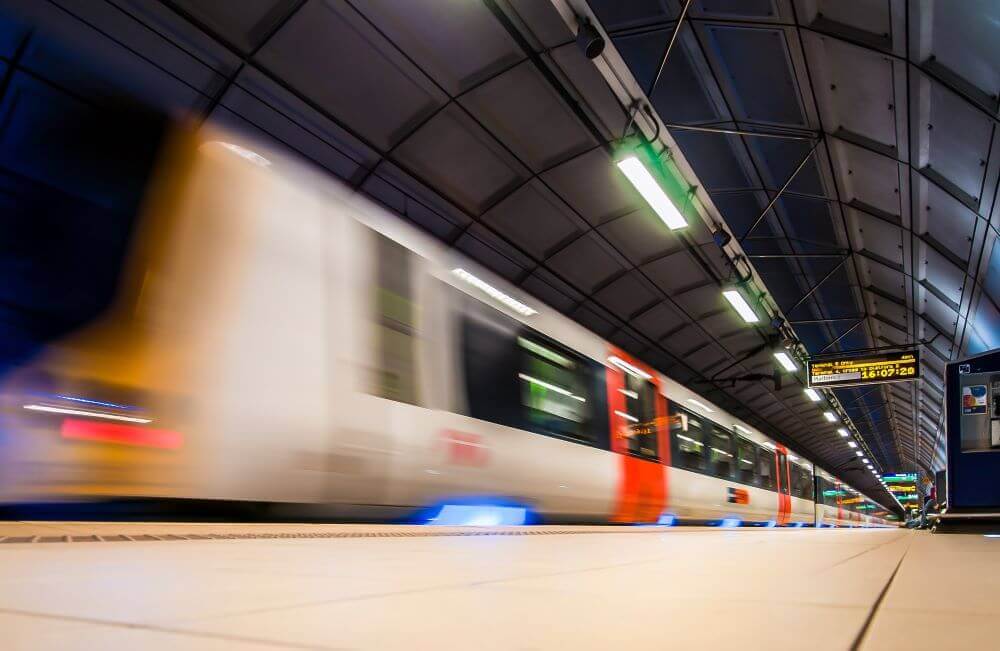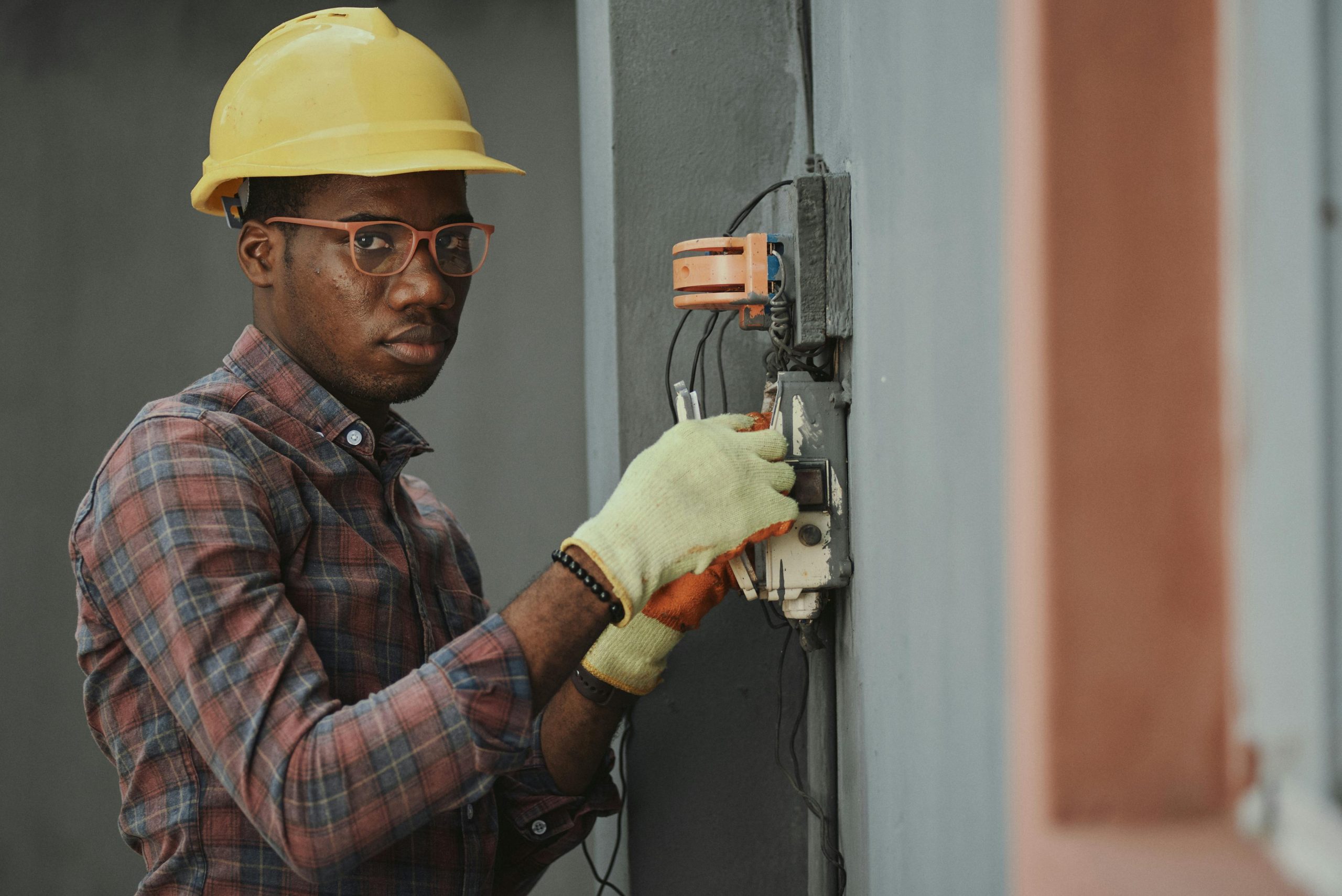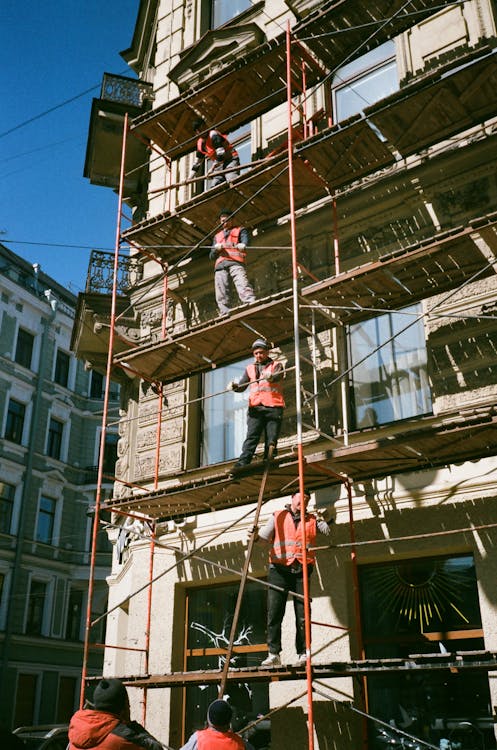What are the best paid jobs in the railway industry?

Railways are much in the news these days, not least because of the ongoing debate around the controversial HS2 line connecting the north of England with London, plus the continuing strikes by the RMT union for better pay and conditions.
What railway workers are paid has become something of a political football between the warring parties. According to the RMT, their average member earns around £33,000 PA, a figure that ranges from onboard crew to in-house cleaners, maintenance roles and signallers.
Are all railway salaries in the UK the same?
No, salaries tend to vary according to the different train operators and the number of years of experience a person has. Whether it’s working on passenger trains or freight trains also has an impact. One operator might pay £23,000 for a station assistant and £32,000 for a train conductor, while another based in the south-east pays between £21,000 and £30,000 for station staff. Unsurprisingly, railway employees based in London tend to earn higher than the median wage and there is the added complication of many cleaning staff being employed by outsourced firms, who pay the minimum wage.
What about train drivers?
Train drivers are rather better off when compared to station staff. The average salary for a driver is £59,000 across all train companies but again, this varies from company to company. You might get £51,000 if you’re driving a train across Wales, and a very decent £71,000 if you’re hurtling up the east coast of England. You might even be lucky enough to drive for the French-owned Eurostar, and be paid £77,000 to take passengers through the Channel Tunnel and back.
How much do other jobs in the rail industry pay?
Of course, there are many other jobs available on the railways which attract above-average salaries. You could train to be a project manager, overseeing development and delivery of various projects, and earn close to £50,000 PA. Or perhaps you could spend your life as a railway engineer, building new engines, repairing parts or carrying out day-to-day maintenance checks, for which you might earn up to £47,000.
A signaller makes sure trains run safely and to the timetable, communicating with train drivers and other railway workers and operating controls and computer systems. A signaller may earn £42,500 for this highly responsible task. Meanwhile, a quantity surveyor looking at all costs associated with engineering and other projects is likely to be paid £37,000.
What are the best paid jobs in the railway industry?
Inevitably, perhaps, it is senior management roles are the highest earners and attract the biggest salaries on the railway.
The CEO of Network Rail, Andrew Haines, makes close to £600,000 a year, while the chief financial officer, Jeremy Westlake, pulls in £415,000 a year. It is also the case that eight out of 10 of the highest-paid civil servants work in rail. Top of the pile is Mark Thurston, the chief executive of HS2, who earns a handsome £625,000. And it’s not so bad for those at the top of the rail unions. Mick Lynch, general secretary of the RMT, earns £84,000, with pensions and benefits taking his annual amount to £124,000.
If you’re considering a career in the rail industry be sure to check out our blog on Starting a career in the rail industry, or take a look at our latest job listings to see what roles are currently available. Alternatively, give us a call on 01895 808188 and one of our friendly staff will be happy to help you find your perfect next role.







